The U.S. Citizenship & Immigration Services (USCIS) published proposed rule about H-1B at the Federal Register on Oct 23. The aim is to modernize the system and refine the annual lottery mechanism, which has been a source of contention for both employers and employees.
Following its publishing on the Federal Register, there will be a 60-day window for public feedback, until Dec 22, 2023.
Here are the 8 key changes that you should be aware of:
1. Single Entry in Cap Lottery
One significant change is the removal of multiple entries for a single beneficiary in the cap lottery. No matter how many companies register a beneficiary, that beneficiary will only be counted once. This change was proposed after it was observed that more than half of all registrations in last year’s H-1B cap lottery were for candidates with multiple registrations.
The primary goal is to prevent potential collusion among employers to improve their chances in the lottery, thus ensuring a fairer process. Another advantage of the new rule, as outlined in the DHS press release, is that if you have multiple job offers and you are selected during the lottery, you have the freedom to choose whichever offer is best for you, because the lottery is not tied to any job offer or registration.
2. Extension of Cap-Gap Period
If your OPT (Optional Practical Training) runs out before your H-1B is approved, per current “cap-gap” rule, you can work until Oct 1. The proposed changes will extend this period by six months, until April 1 in the coming year. This change aims to address challenges employers face, especially when the USCIS delays processing an H-1B cap petition post October 1.
3. Remote Work Recognized in Job Offers
Reflecting the shift in work dynamics post-pandemic, the Department of Homeland Security (DHS) has confirmed that valid job offers can include telework, remote work, or any other type of off-site work within the U.S. This adjustment is in line with the growing acceptance of remote work structures.
4. Restricting the “Specialty Occupation” Definition
The new regulations also incorporate a “Specialty Occupation” restriction that originated during the Trump era, which could have a significant impact on who qualifies for H-1B visas.
The immigration law requires that a “Specialty Occupation” must require at least a bachelor’s degree. In 2020, the Trump administration attempted to tighten the restriction further by requiring that the field of study must be “directly related” to the job, but this was later overturned by the courts. Now, the Biden administration is attempting to reintroduce this restriction.
According to a 2021 national survey of college graduates:
- 18% of international graduates working in the field of computer science do not hold degrees in computer science or electrical engineering.
- 15% of international graduates working in the field of chemistry do not hold degrees in chemistry.
Under the new regulations, these individuals, whose degrees may not be directly related to their occupations, may not qualify for H-1B status.
5. Expanding Cap-Exempt Organizations
The rule aims to widen the scope for companies supporting “nonprofit research organizations” and “governmental research organizations,” allowing them to make H-1B cap-exempt applications. This adjustment should grant a more extensive array of organizations the chance to sponsor H-1B employment without participating in the yearly cap lottery.
6. Stricter Site Visits Introduced
To counter potential fraud, especially prevalent in the IT consulting domain, USCIS will intensify its site visit regime. These visits, which may be unscheduled, will involve thorough inspections, interviews with key officials, records scrutiny, and employee interactions. The overarching goal is to ensure strict adherence to H-1B program stipulations by employers.
7. Relaxation of the “Employer-Employee” Mandate
Historically, the “employer-employee” relationship criterion, introduced in 2010, posed significant challenges for company founders aiming to secure H-1B visas via their own enterprises.
The updated rule does away with this condition. This relaxation facilitates entrepreneurs in leveraging the H-1B scheme to expand their ventures, irrespective of them holding a majority stake in the company.
8. Acknowledgment of Prior Approvals
The rule intends to formally recognize the principle of deferring to past approvals. This signifies that if a candidate’s employment was previously sanctioned by USCIS and there have been no substantial alterations in the employment conditions since, the case should typically receive approval.
The Trump administration had previously annulled this policy, leading to an increase in Requests for Evidence (RFE) issuance. In 2021, under the Biden administration, this policy saw a revival as one of the initial USCIS initiatives. By introducing this rule, the policy becomes formalized, making it less vulnerable to potential political shifts in the future.
###
It’s crucial to note that these changes are yet to be officially instated. Upon conclusion of the feedback phase in late December, the provisional regulations will proceed to the U.S. Office of Management and Budget for ultimate ratification.
However, considering the essence of the proposed modifications and their alignment with both USCIS and employer preferences, it’s anticipated that a version of these rules will be operational in the foreseeable future.
Disclosure: We are an Amazon Associate. Some links on this website are affiliate links, which means we may earn a commission or receive a referral fee when you sign up or make a purchase through those links.
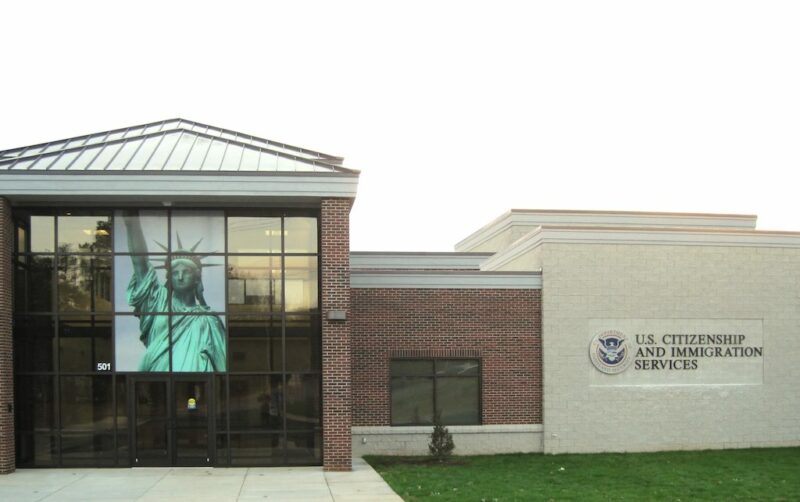


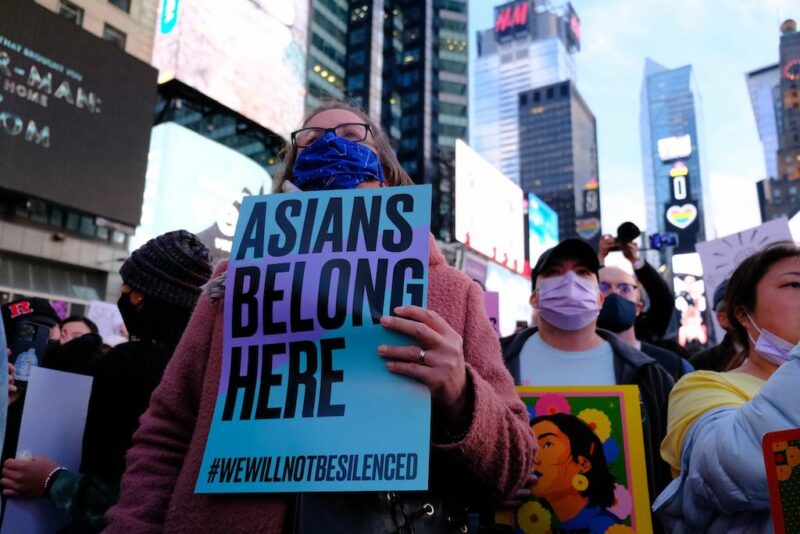
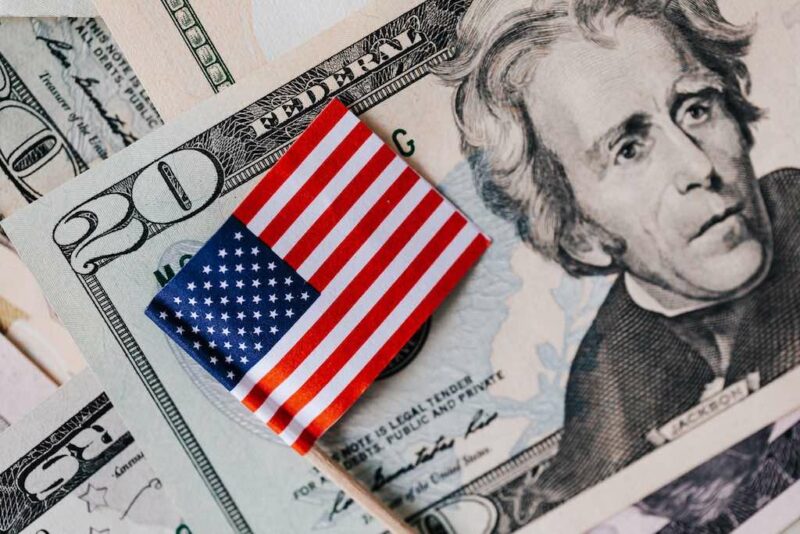
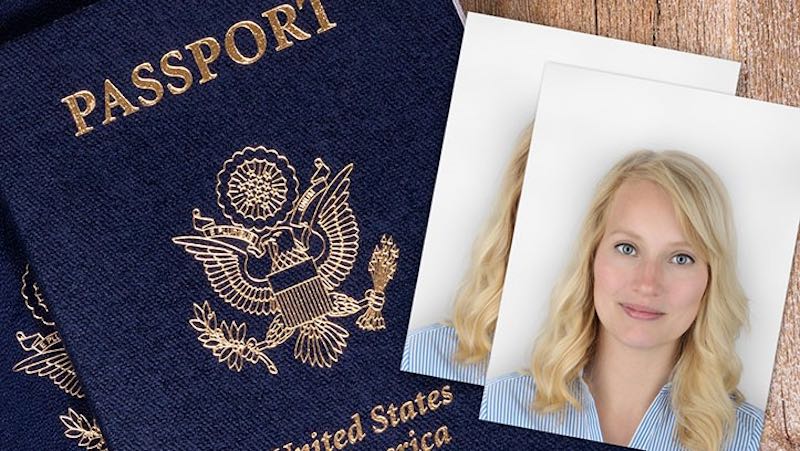

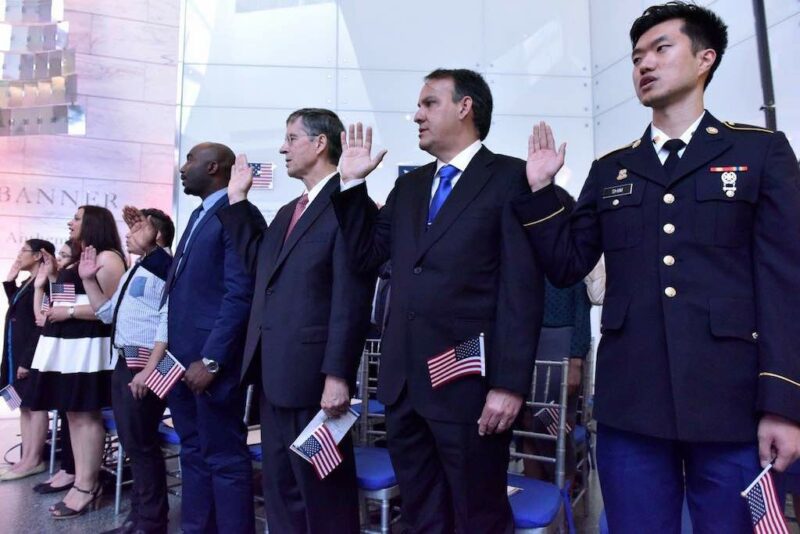


Leave a Reply